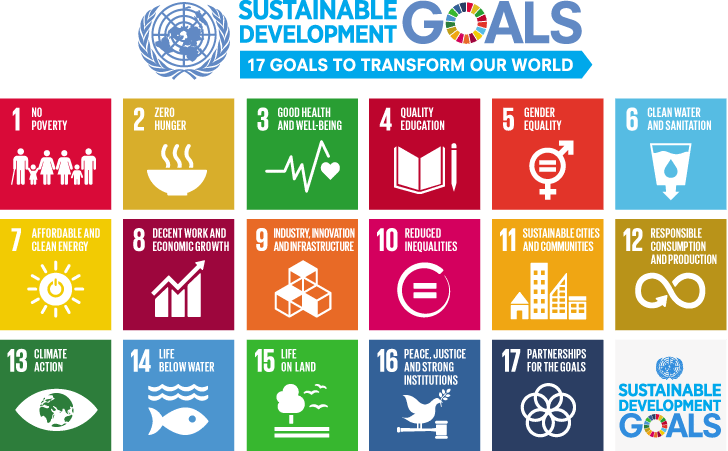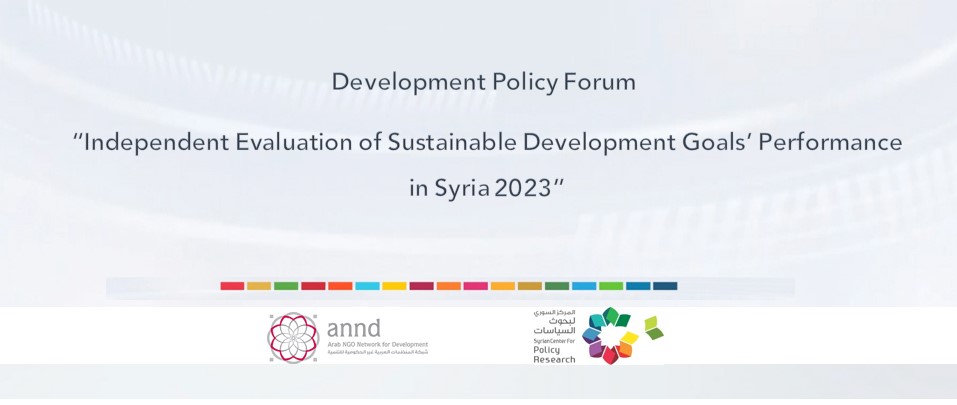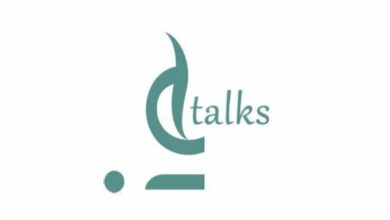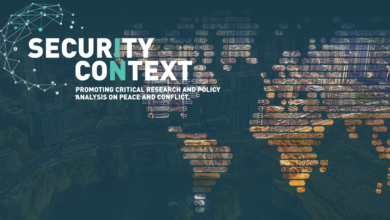The Syrian Center for Policy Research (SCPR), in collaboration with the Arab NGO Network for Development (ANND), organized two online participatory dialogue sessions on June 23 and 25. These sessions aim to bring together representatives from Syrian civil society organizations (CSOs) and research centers to coordinate efforts and collaborate on drafting an independent evaluation of the Sustainable Development Goals (SDGs) in Syria. Furthermore, the sessions aimed to identify the most urgent issues that should be included in a statement to be presented at the high-level political forum on sustainable development (HLPF), scheduled to take place from July 10-19, 2023. The HLPF serves as a platform within the United Nations for countries to provide follow-up and review their progress in achieving the sustainable development goals outlined in the 2023 Agenda.
During these reviews, governments voluntarily submit reports on the development situation in their respective member states. In addition, independent bodies also contribute alternative reports to address any gaps in the official reports or provide additional perspectives from civil society.

The significance of presenting an independent report on the developmental situation in Syria arises from the prolonged and devastating conflict that has plagued the country for the past twelve years. Syria has experienced political and social fragmentation, where the Syrian government actively involved in systematic repression and destruction. Additionally, non-state political and military factions have emerged, engaging in armed conflict. As well direct and indirect intervention from international and regional powers through providing military, political, and economic support to the conflicting parties.
The conflict has resulted in unprecedented devastation to the foundations of development and has built the foundation for violence, injustice, and marginalization. As a result, the prospects for overcoming the conflict appear highly challenging. Consequently, official reports exhibit a lack of objectivity in assessing development indicators and often display bias in interpreting causality. Moreover, there has been a decline in the capacity of public institutions to generate accurate statistics and analyze policies. Additionally, these reports suffer from inadequate coverage of diverse regions and the associated development issues they face.
During the first dialogue session, a brief presentation was delivered on the voluntary reports submitted by governments regarding the development status in their respective countries. These reports are prepared every two years on a voluntary basis, with the objective of sharing experiences and highlighting the progress made as well as the challenges faced in pursuing the 2030 Sustainable Development Goals. It was emphasized that civil society representatives have the opportunity to contribute to a shadow report, enabling them to discuss accomplishments, express their viewpoints, and provide their opinion on the report submitted by their government.
Following that, the participants shared their interventions and observations regarding the report prepared by the Syrian government. Their collective assessment led them to the conclusion that the report could not be regarded as a comprehensive national review. They found that it lacks objective evaluation of sustainable development in Syria, evades addressing the government’s responsibility for the ongoing conflict, and overlooks the primary obstacles impeding conflict resolution. These obstacles encompass factors like tyranny, the politicization of identity, and the economies of violence and injustice.
Participants agreed on the need to provide an alternative narrative to assess and evaluate the development situation in Syria, considering the country is moving in the opposite direction of the sustainable development goals. They emphasized that resolving the conflict in a fair and equitable manner is an essential prerequisite for advancing sustainable development. During the second dialogue session, participants engaged in extensive discussions and knowledge sharing on achieving the sustainable development goals in Syria. They agreed on the key focal points and overarching themes that should be addressed in the forthcoming shadow report, which is currently under development.







